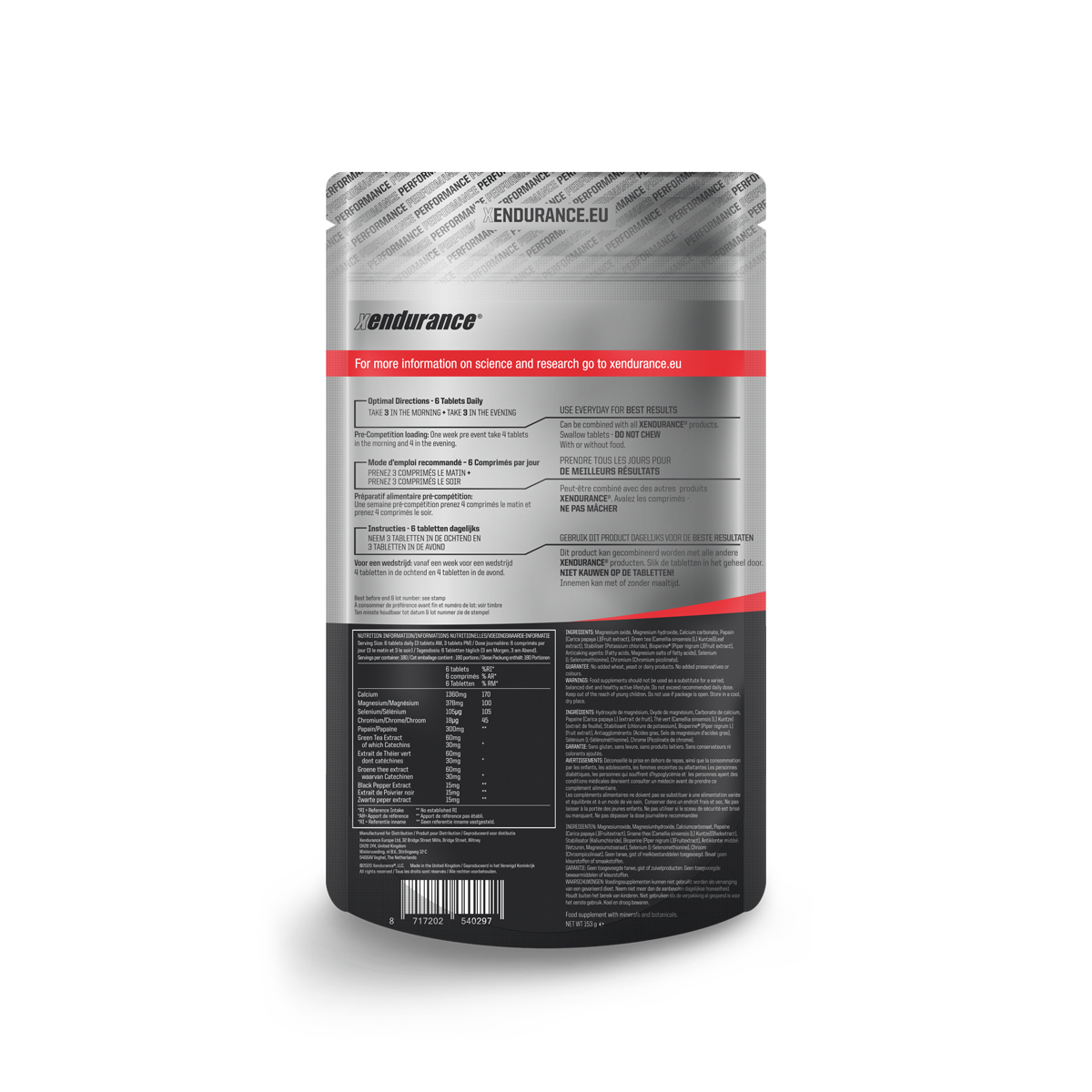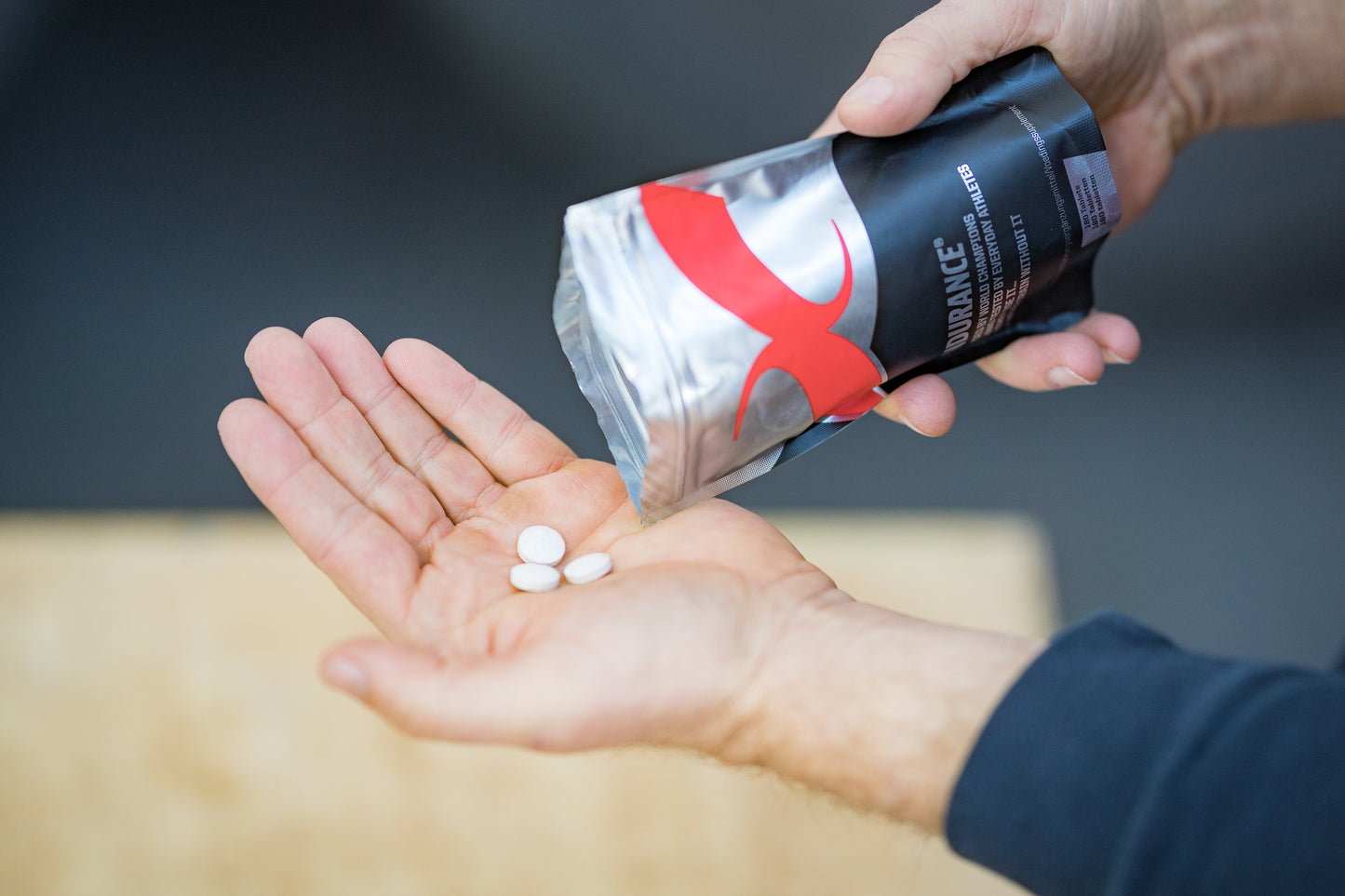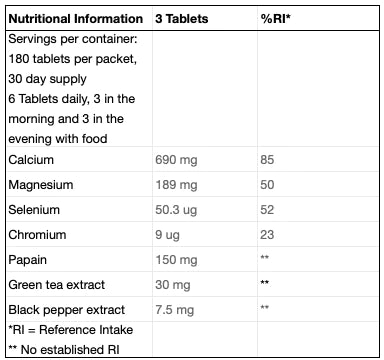Be honest: how many of you take rest as seriously as you do training and nutrition? When you’re preparing for a race, it’s easy to forget to get enough shut-eye – but it’s just as important as a tough training session in terms of your overall preparation. Think of your schedule as three key components: training, nutrition and rest. If these three are treated with equal importance, you have a recipe for success. And that includes lots of sleep.
How many of us have felt tired and just wanted to rest, whether it’s during a run or after a long day at work? This is your body trying to tell you something. Equally you may not realise you are tired but, at a cellular level, full recovery is never taking place as you are simply not sleeping enough – or, at least, not as much as you need to in order to reap the rewards from a training perspective. Using a health and fitness smartwatch such as the Fitbit Ionic can help take away the guesswork that comes with knowing how much or how little sleep you had – and, more importantly, the quality of that sleep – and most importantly the data allows you to make connections between how what you do in your day/training affects the quality of your sleep (e.g. if you run at night vs. in the morning is there a difference in the quality of your sleep and how you feel OR does it help if you keep a consistent sleep schedule etc) The sedentary person can get away with sleep deprivation, a performance runner cannot.
OVERTRAINING
Sleep is when the recovery process can take full effect. Eight to nine hours a night is thought to be optimal and if you are continuously getting less than six hours a night, your running performance is going to suffer. Poor sleep can be an indicator of overtraining and also a contributing factor to it. During sleep the body rebuilds itself and balances hormonally. It is when the recovery process takes place. So, clearly, the person getting four to five hours as opposed to the runner getting eight to nine is massively compromising recovery. This leads to symptoms of overtraining, fatigue, a compromised immune system being more susceptible to viruses, reduced concentration and ultimately risk of injury.
Unfortunately we live in a society where we are often highly stressed, short on time and, in many cases, bringing work home with us. This causes the mind to be permanently over- stimulated or a temptation to work into the early hours, making sleep patterns erratic and shortened.
You will hear many of the country’s leading athletes talking about afternoon sleeps, napping after long runs or harder sessions. Granted, the everyday runner can’t live like this all year round but we can learn from these experiences and bring a little from these lessons into our everyday living.
Six steps to sweeter dreams
Here are a few changes you can make that will improve your sleep
1 CONSISTENCY
In the same way we promote consistency of training and nutrition, consistency in regards to when you go to bed and when you wake up is vital. Getting minimal amounts midweek and then trying to catch up with a huge weekend lie-in or one-off early night, won’t fool your body into thinking it’s recovered. A little more sleep consistently every night will work better. With the Fitbit Ionic you can set a sleep schedule and reminders to help you keep to it.
2 USE TECHNOLOGY TO HELP YOU GET SMARTER ABOUT SLEEP
The Fitbit Ionic estimates your sleep stages (REM, Light & Deep sleep) using a combination of your movement and heart-rate patterns. Whilst all stages of sleep serve an important function, deep sleep is essential for muscle recovery and restoring the body. During this phase your brain is resting with very little activity, so the blood supply available to your muscles increases, delivering extra amounts of oxygen and nutrients which facilitate their healing and growth. Muscles and tissues are rejuvenated during this phase of sleep.
The most important thing that you can do to increase your amount of deep sleep is to allow yourself adequate total sleep time.
3 SMALL STEPS
Try getting to bed just 30-60 minutes earlier every night. This may sound like a minimal improvement but the accumulative effect will make a big difference.
4 LOCKDOWN
Begin the getting ready for bed process much earlier than you think necessary. Leaving the washing up, kids packed lunches and last- minute emails to ‘just before bed’ will mean you get to sleep an hour or so later than intended. Have a time at which you start all of these jobs so that bedtime isn’t constantly being pushed back.
5 AVOID STIMULANTS
Caffeine, sugary drinks, sweets, alcohol, social media, work emails, last-minute replies to texts – all will leave body and mind stimulated before bed. Avoid them or risk compromising your sleep quality.
6 ROUGH CALCULATION
A rule of thumb used by many sports scientists is to take the number of miles you run per week and add that number in minutes to your usual nightly sleep time (so someone running 30 miles a week should add 30 minutes). It’s a broad calculation but I have tried it myself and advised many runners to do the same – it certainly has a positive effect. Aim for this for a period of three to four weeks and see the effect it has.










